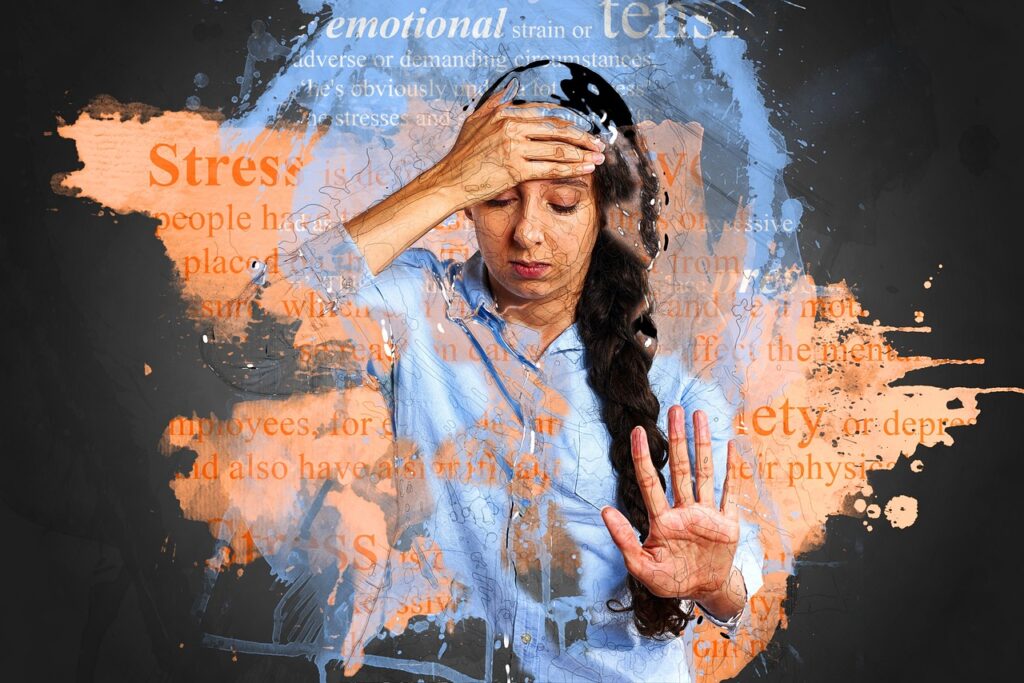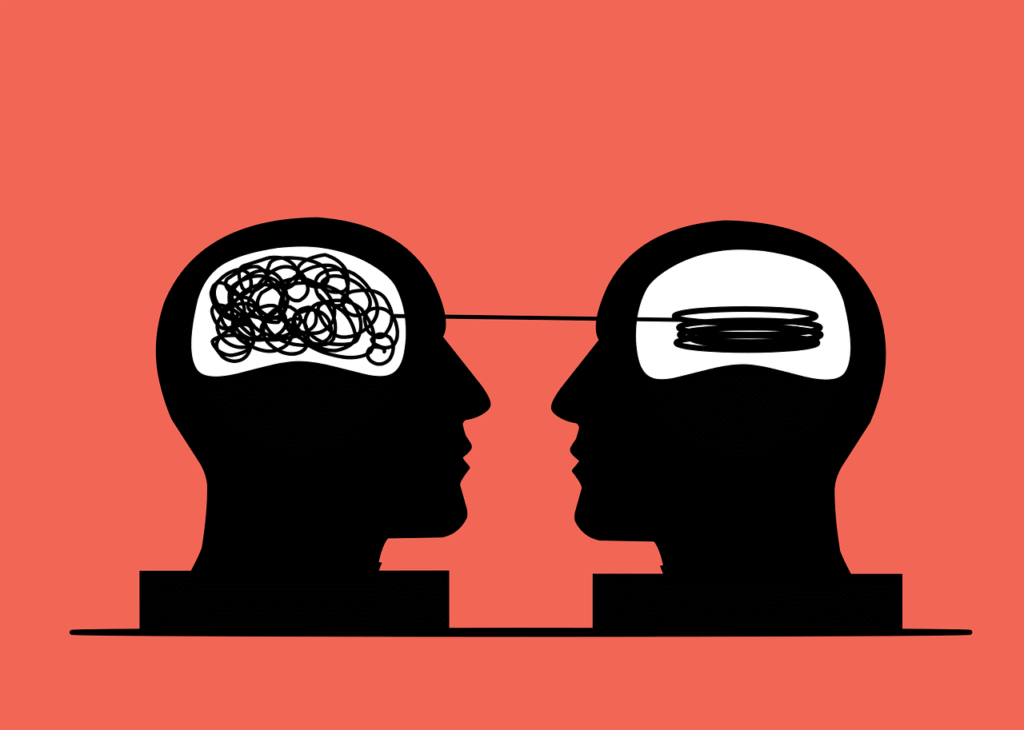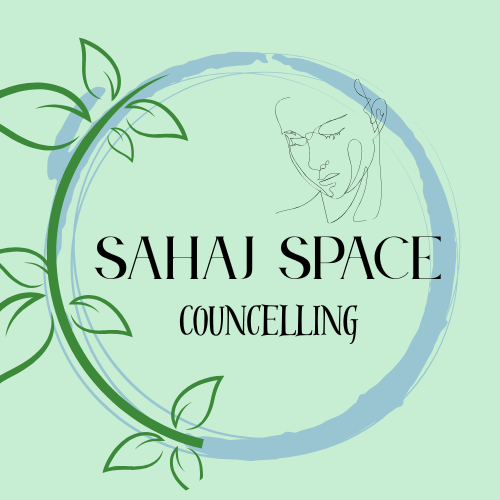Depression is a heavy burden that can affect every part of life—your thoughts, emotions, relationships, and even your physical health. For many, it feels like a deep sadness that won’t go away. Others may feel numb or disconnected. But no matter how depression shows up, one truth remains: help is available, and healing is possible.
Counselling for depression offers hope. With the right support, people struggling with depression can find relief, gain clarity, and start building a better future. Whether you’ve felt low for weeks, months, or even years, taking that first step to seek help is powerful and brave.

Understanding Depression and Its Impact
Depression is more than a passing mood. It’s a mental health condition that can lead to persistent sadness, low energy, feelings of hopelessness, sleep problems, and difficulty enjoying daily activities. Often, depression is linked with anxiety, creating a cycle that’s hard to break.
If you’ve been searching for an anxiety or depression therapist near me, you’re not alone. Many people experience both conditions at once and need specialised support. That’s where professional depression and anxiety counselling can make a huge difference.

The Role of Therapy in Treating Depression
Therapy is one of the most effective ways to manage and overcome depression. With a trained therapist, you can explore your emotions, understand the root causes of your struggles, and develop healthy coping strategies.
There are many types of therapists for depression, including those who specialise in talk therapy, cognitive behavioural therapy (CBT), interpersonal therapy, and more. Each approach offers unique tools to help you manage your thoughts and feelings more effectively.
When choosing a professional, many people search for a depression therapist near me to find someone they can trust and connect with locally. Finding the right fit is important, as a strong therapeutic relationship leads to better outcomes.
The process of counselling for depression starts with a conversation. In your first few sessions, your therapist will ask about your symptoms, your history, and your goals. From there, a treatment plan is created, designed to guide your healing journey.
In these sessions, you’ll:
- Learn how to identify negative thought patterns
- Understand the connection between thoughts, feelings, and behaviours
- Discover coping skills that help you manage daily stress
- Receive support during times of crisis or emotional overwhelm
If you’re also dealing with anxiety, your therapist will incorporate strategies from depression and anxiety counselling to help you navigate both conditions.
Finding the Best Therapy to Treat Depression
There is no one-size-fits-all solution for depression. What works for one person might not work for another. That’s why finding the best therapy to treat depression for your specific needs is essential.
Some common approaches include:
- Cognitive Behavioural Therapy (CBT): Helps you challenge and change negative thinking patterns.
- Interpersonal Therapy (IPT): Focuses on improving relationships and communication.
- Mindfulness-Based Cognitive Therapy (MBCT): Combines mindfulness techniques with cognitive therapy.
- Dialectical Behaviour Therapy (DBT): Useful for managing intense emotions and building emotional regulation skills.
Your therapist will help you explore which approach works best for you. Many therapists for depression are trained in multiple methods, allowing for a flexible and personalised approach.

Why It’s Important to Get Help
Living with untreated depression can lead to serious consequences, including worsening mental health, damaged relationships, poor work performance, and physical health issues. But with timely support from an experienced depression therapist near me, recovery is within reach.
Therapy provides a safe, non-judgmental space where you can:
- Share your thoughts and feelings freely
- Explore past experiences and trauma
- Set realistic goals and track progress
- Build self-confidence and emotional resilience
Professional counselling on depression offers tools not only for healing but also for long-term emotional well-being.
Support for Depression and Anxiety Together
It’s very common for people to experience depression and anxiety at the same time. These two conditions often feed into each other—depression brings sadness and lack of motivation, while anxiety brings worry and fear.
Seeking depression and anxiety counselling helps address both sides of the struggle. Therapists who understand the connection between these conditions can help you calm anxious thoughts while also lifting feelings of hopelessness.
Whether you’re feeling overwhelmed, stuck, or unable to function, the right therapist can help you find balance and relief.

What to Look for in Therapists for Depression
When choosing a therapist, it’s important to find someone who is compassionate, experienced, and trained in treating mood disorders. Here are a few tips:
- Look for someone licensed in mental health or psychology
- Check if they specialise in depression and anxiety counselling
- Read reviews or ask for recommendations
- Make sure you feel comfortable during your first session
If location or transportation is a challenge, don’t hesitate to look for an anxiety depression therapist near me who offers online sessions. Many therapists today provide remote counselling to make therapy more accessible and convenient.
The Journey Toward Recovery
Healing from depression takes time, patience, and support—but it is possible. With the right help, you can begin to feel more in control, more hopeful, and more connected to life again.
Therapy doesn’t erase your pain, but it gives you the strength and tools to move forward. You learn to face challenges with more clarity, communicate your needs better, and build a life that feels meaningful again.
For many, this journey begins by searching for a trusted depression therapist near me, and from that first step, healing begins.

Depression can feel isolating, but you’re never truly alone. There are countless therapists for depression ready to help you take back your life. Whether you’re just starting your search or are ready to begin sessions, don’t hesitate to reach out.
If you’re looking for the best therapy to treat depression, know that it may take time to find the right fit, but it’s worth it. From counselling for depression to targeted depression and anxiety counselling, each session brings you closer to healing.
The path to recovery may not be easy, but it is real—and it begins with just one step.
